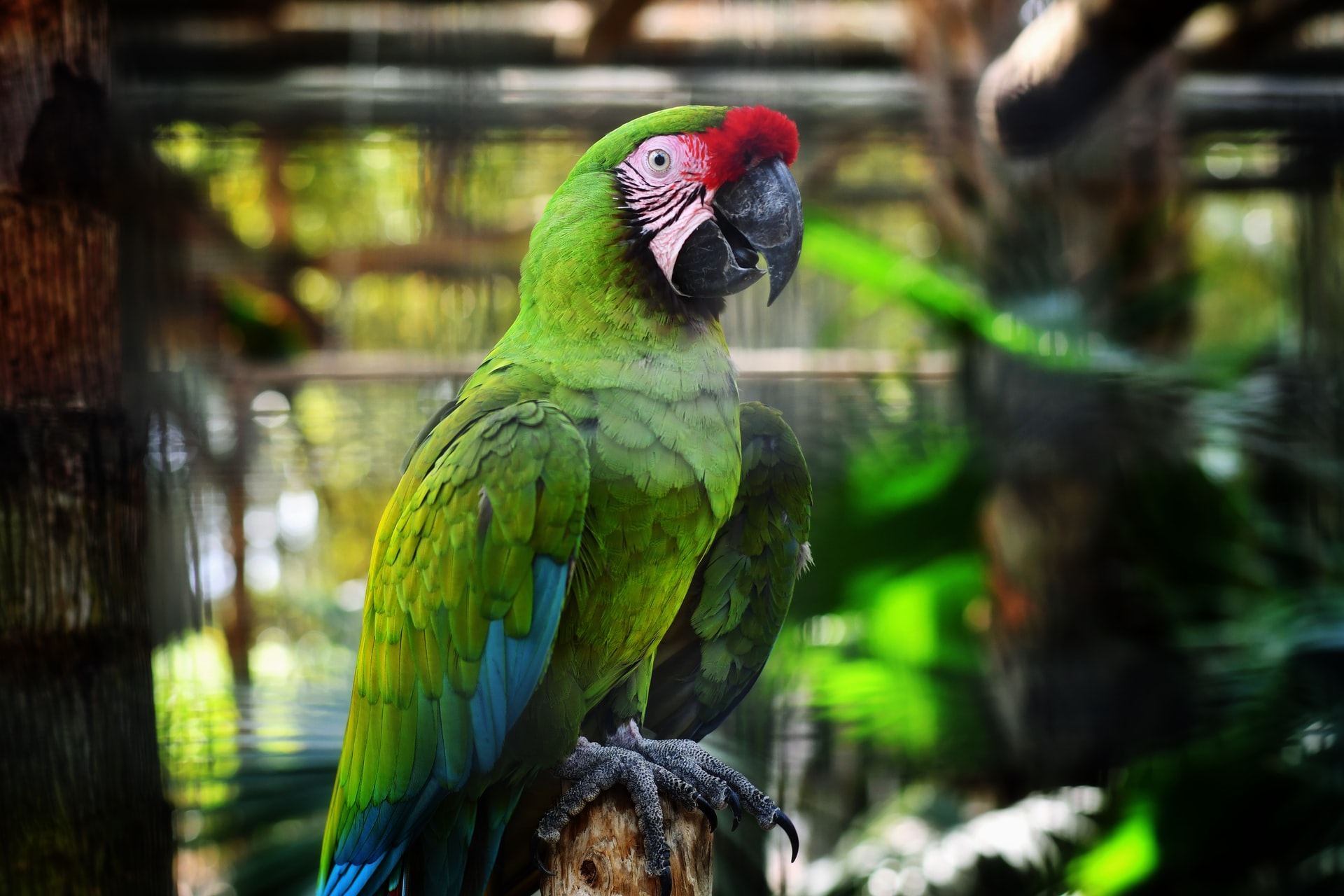JavaScript seems to be disabled in your browser. For the best experience on our site, be sure to turn on Javascript in your browser.
How to train your bird to make less noise

Parrots chime for numerous reasons. They make a lot of noise to welcome a new day, to call their imaginary flock home at sunset, parrots shout when they are excited, and shout when they are bored. They may shout when they hear people or machines screaming, and shout when the environment is too quiet.
We have compiled a few steps to take to stop the customary noise.
1.Clicker training
Parrots are trainable birds. They respond well to clicker training and appreciate the mental stimulus that comes with it. Clicker training with ingestible parrot treats will help to decrease squawking significantly.
To achieve this, pet owners should associate the clicker and treat with one another. In front of their pet, pet owners should click the clicker and instantly give their bird a treat afterwards. They should do this until their parrot starts watching expectantly for a treat after the clicker--this is a sign that they can associate the two together.
2.Reward with treats
For every time your parrot stops screaming or mimics your soft tones, reward your parrot with a delicious treat and praise. Ensure you use the treats that it responds the best to, but reserve some "special treats" for training purposes. Break treats into small portions to allow your pet to eat quickly and remain focused on the training, instead of getting too distracted by the reward and reward your bird immediately after it obeys you to be seen as a quick and immediate response for obedience.
3.Avoid yelling when your pet pisses you off
This sends the message to your parrot that acting out will be rewarded, and it won't help you train your parrot to be less noisy. If you scream at your parrot, it may become scared and make more noise, or it might believe that you're encouraging it to yell more. Ignoring your bird's attention-seeking behaviour is the best way to train your parrot out of its excessive screaming.
4.Teach your parrot to speak softly.
Pet owners may not be able to make their parrot stop shouting or talking altogether, but they may be able to train their bird to whisper or speak softly rather than screaming. Regular practice, tolerance, and consistency are key when training birds to stop screaming.
Continue to ignore its bad behaviour.
Speak softly to your parrot and use hushed tones, or "communicate" by whistling to it.
5.Reduce Exposure to Light
When your pet gets exposed to more than 12 hours of light each day, it can lead to elevated hormone levels, aggressive behaviour, and increased noise output.
Ensure you close curtains in the afternoon to limit sunlight exposure, and put a sheet or cover over your bird's cage when you go to bed. For best light-blocking, use a black cloth.
6.Reduce Environmental Noise
When watching television or listening to music at home, keep it at a moderately low volume. Keeping the environment noise-free at home may produce a calmer, quieter bird.
Also try providing white noise for your parrot, particularly if it screams when you're not home. Be wary of leaving nature shows on, as the sound of birds squawking could provoke more noise from your parrot.
7.Check for health issues
8.Ensure that your parrot's dietary needs are being met
We understand how complicated the care for your pet could be and prepared these Value Packs to provide solutions to your bird's every need. Click here to order.










